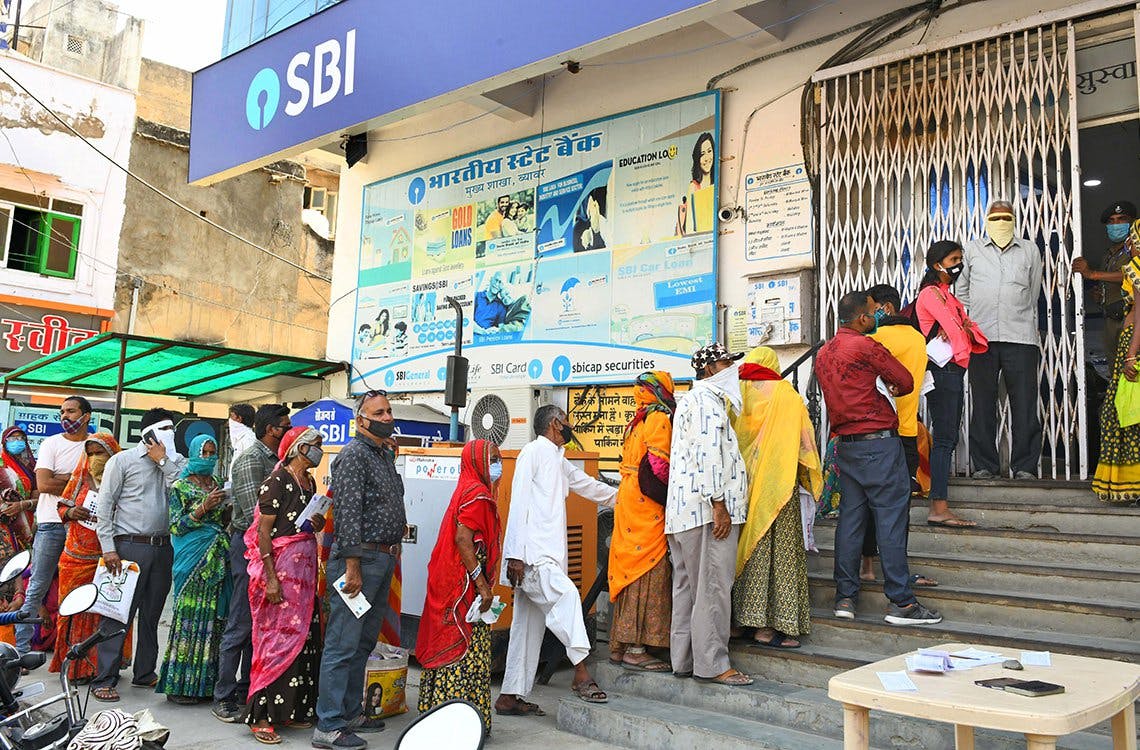
A Cash Lockdown Will Damage Financial Inclusion
COVID-19 has changed our lives and the way we do business, and some retailers are now discouraging cash transactions. Beyond restricting consumer choice, this disenfranchises people reliant on cash, and places unnecessary limits on revenue for merchants.
In a recent article, Steve Villegas of PPRO—a company that seeks to optimise customer payment experiences—points out that just over a quarter of the global population does not have a bank account. These people are immediately cut out of any cashless transactions, denied access to goods and services, in turn denying their providers potential income.
He highlights figures showing that, across Latin America, some 38 percent of shoppers are unbanked, leading to nearly one in five online transactions being conducted with cash. In Africa and the Middle East, only 50 percent of consumers have bank accounts and just 12 percent have access to a credit card. Even in the United States, around 6.5 percent of households—representing over 14 million adults and 6.4 million children—do not have bank accounts. However you look at it, this is a large audience to place financial restrictions upon.
So, while reducing contact to the barest minimum during the pandemic may seem a wise course of action, we need to consider the cost of certain measures to consumers and businesses. Cash is a safe, reliable and private payment option… and for many, it is the only option.
We must take into consideration how removing cash could disenfranchise over a quarter of our society; 26 percent of the global population doesn’t have a bank account.
